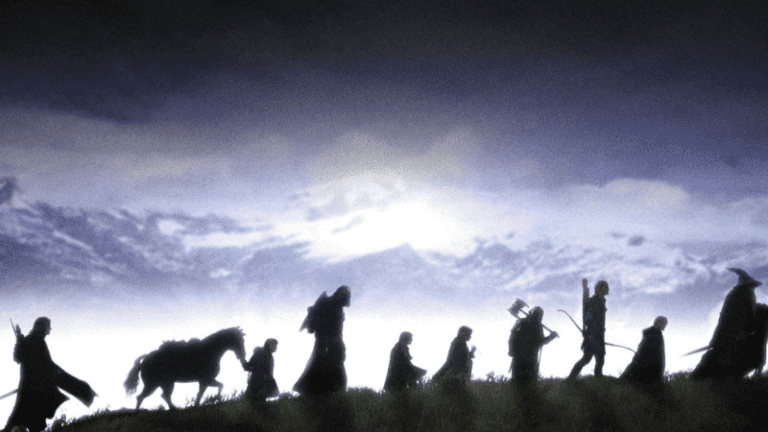Dogen about what is good
Dogen Zenji was a Japanese Buddhist monk and founder of the Soto School of Zen in the 13th century. He is considered one of the most influential Zen masters and his writings are still studied by Buddhists today. In this quote, Dogen says that what we think is good is not necessarily good. We must be careful not to let our preconceived notions or the judgments of others cloud our understanding of what is truly good.
"What you yourself think is good, or what people in the world think is good, is not necessarily good."
DOGEN ZENJI
To make his point, Dogen tells the story of a woman who went to a fortune teller to find out when her husband would return home from the war. The fortune teller said her husband would return on a certain day. The woman was overjoyed and began to make preparations for her husband's return home. And indeed, on the day the fortune teller had predicted, her husband did come back - but he was lying in a coffin.
The woman in this story was so caught up in her own expectations that she did not even consider the possibility that her husband might not return alive. Dogen warns us not to make the same mistake. We should always be open to different variations of events and be willing to change our understanding of what is good based on new information.
You've probably experienced situations yourself where something good you expected turned out to be not so good, bad, or even downright awful. This kind of unexpected outcome is an extension of "Be careful what you wish for. You might get it."
Alan Watts, the famous mediator between Eastern philosophies and the Western world, has often quoted this famous saying with pleasure.
In various lectures, he also pointed out that we can never consider enough data because we simply don't understand, let alone know, all the influences. Even though he said this in a different context (he was actually talking about making decisions), it applies perfectly here: just because we think we know what's good doesn't make it so. There are just too many parameters we can't know, and so the outcome can be quite different from what we expected.
Therefore, it is usually a good idea to take a middle position. It is perfectly fine to expect something joyfully. As long as you are aware at the same time that it could turn out differently or even bring difficulties and hardships.
In this way, you do not deprive yourself of happiness and do not become pessimistic, but rest in an attitude that allows you to respond to whatever comes - whatever it may be, it will not throw you off course.
And so Dogen's quote is a reminder that we should not cling too tightly to our own ideas of what is good. We need to be willing to examine our beliefs and let them go when they no longer serve us, and above all, be aware of the fact that we are not seeing the whole picture. This can be difficult, but it is necessary if we are to live a fulfilling life.
Our blog is generally about how to live well right and well. We draw on philosophical teachings of the greatest thinkers in human history and try to show how we can use this knowledge in modern everyday life.
Here you can find for example a detailed article about the age-old question of how to live.







